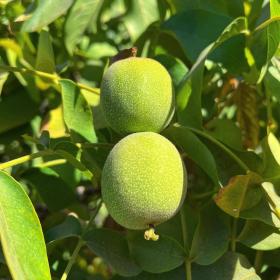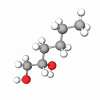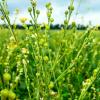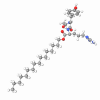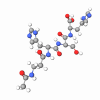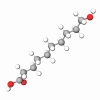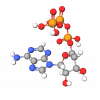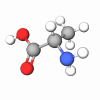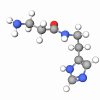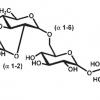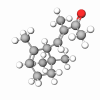Walnut oil or Juglans Regia seed oil is obtained by cold-pressing the fruits (nuts) of the walnut tree (cold-pressed walnut oil). Usually, Juglans Regia oil obtained in this way is then refined.
The walnut tree (Juglans Regia), which is native to an area extending from Southern and Central Europe via Armenian highlands and Central Asia to China and Japan, also to North Africa, grows to a height of 30 m and produces stone fruit containing a solitary stone. In Germany, the tree is cultivated within an area, the boundaries of which roughly overlap the wine-growing area. A variation, the black nut (Juglans nigra L.), is cultivated in North America. Special nutcrackers are required to break open the extremely hard nuts, which are very popular in the patisserie and ice cream trades.
The European walnut tree is valued not only for its nuts but also as a precious wood for use in the cabinet-maker's trade. Juglans Regia seed oil is clear and is bright to light golden yellow. It dries and has a pleasant nutty smell and taste.
Juglans Regia seed oil is rich in oleic, linoleic, and linolenic acids (it also contains 6-8% palmitic acid). Crushed nuts (oil content approx. 60%) are cold-pressed mechanically (cold-pressed walnut oil), after which the oil is usually refined (refined walnut oil).The brown nuts are very popular (raw nuts are used in ice-cream manufacture); Juglans Regia seed oil is also used in the food industry, as a valuable edible oil (to dress salads). In the pharmaceutical trade, walnut oil is used as a base for therapeutic ointments. In the cosmetics industry, it is used in creams and shampoos, thanks to the high content of tocopherols (Vitamin E) valued in skin and hair care applications. Walnut oil is also used, on a lesser scale, in oil colors.
